Rumors that creditors of the well-known exchange Mt. Gox may massively sell off Bitcoin have added fuel to the fire for the cryptocurrency market, which is already caught in a whirlpool of profit-taking.
On Friday, Bitcoin fell as much as 8% to $53,523, hitting its lowest record since the end of February this year. What's more astonishing is that Bitcoin's cumulative decline for the week has exceeded 13%, marking the largest single-week drop since FTX's collapse in November 2022.
Located in Tokyo, Japan, Mt. Gox was once one of the world's largest Bitcoin exchanges, handling over 70% of global Bitcoin transactions at its peak. After a scandal involving the theft of Bitcoin, Mt. Gox filed for bankruptcy and shut down in 2014.
Now, media reports suggest that Mt. Gox has begun returning Bitcoin to its creditors, who are likely to choose to sell these Bitcoins, as their value has increased significantly since 2014.
According to blockchain analysis firm Arkham Intelligence, earlier on Friday, Mt. Gox transferred 47,228 Bitcoins (worth approximately $2.6 billion) from a cold wallet to a new wallet. This indicates that the exchange plans to begin distributing assets stolen from customers during the 2014 hack.
Last month, Mt. Gox announced that it would repay its debts by paying out 140,000 Bitcoins (worth $7.73 billion), 143,000 Bitcoin Cash (BCH), and yen. Since then, traders have been concerned that creditors, who have been waiting for repayment for ten years, will immediately sell after receiving the tokens, thereby bringing massive selling pressure to the market. Note that when the Mt. Gox exchange was hacked in 2014, the price of Bitcoin was around $600, and now it has exceeded $54,000.
IG market analyst Tony Sycamore stated:
"The selling pressure is still related to the creditors of the bankrupt Mt. Gox exchange selling off. However, the accelerated decline of Bitcoin indicates that the market is trying to get ahead of the creditors' actions."
Analysts also pointed out that there are concerns that if Trump, who is less friendly to cryptocurrencies, is elected as the next President of the United States following Biden's poor performance in the first debate.
In addition, Antoni Trenchev, co-founder of the crypto platform Nexo, said:The striking aspect of Bitcoin's recent plunge is that it occurred when the US stock market and global stock indices were at or near historical highs—indicating a weakening correlation between Bitcoin and mainstream stock markets.
After a strong performance following the launch of a spot ETF in the United States at the beginning of the year, Bitcoin hit a historical high of $73,803.25 in mid-March, after which it fell steadily, breaking the $60,000 mark in late June. Since early June, Bitcoin has declined by about 25%.
Traders are now anxiously awaiting the release of the US non-farm report on Friday. Wall Street expects that the number of non-farm jobs added in June will be 190,000, a significant drop from the 272,000 in May, and only slightly higher than the data from April for the year; the average hourly earnings are expected to fall below 4% year-over-year for the first time since 2021. Analysts believe that if the results meet expectations, the Federal Reserve will have sufficient evidence to begin cutting interest rates in September.
The FedWatch tool from the Chicago Mercantile Exchange shows that since the release of the weak PCE inflation data last Friday, traders have almost fully priced in two interest rate cuts for this year.
Jag Kooner, head of derivatives at cryptocurrency exchange Bitfinex, stated that if Friday's employment data shows weaker-than-expected job growth, the so-called dovish expectations, which support risk assets, could be further strengthened.
Should the non-farm employment report indicate weaker job growth than expected, this could solidify expectations for future interest rate cuts, which could boost Bitcoin prices as investors seek alternative assets in anticipation of a more accommodative monetary policy.
Kooner also said that if "market participants believe that economic uncertainty will drive the Federal Reserve to cut interest rates," the pace of inflows into spot Bitcoin ETFs could accelerate.






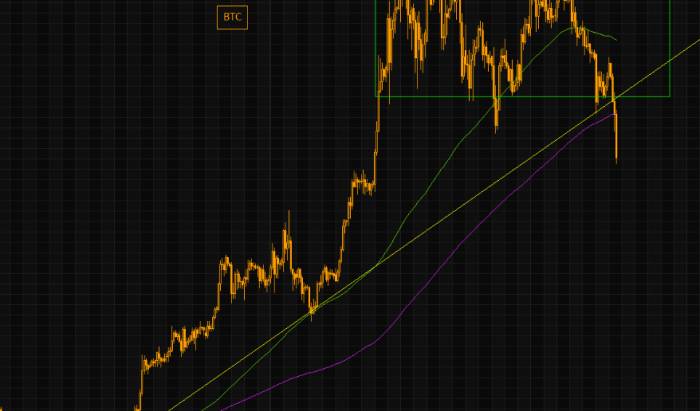
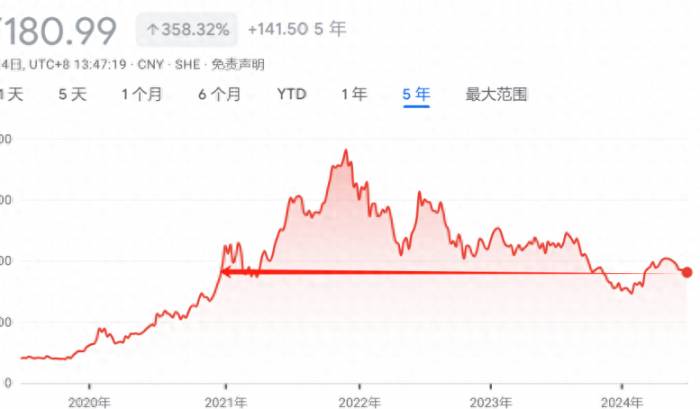


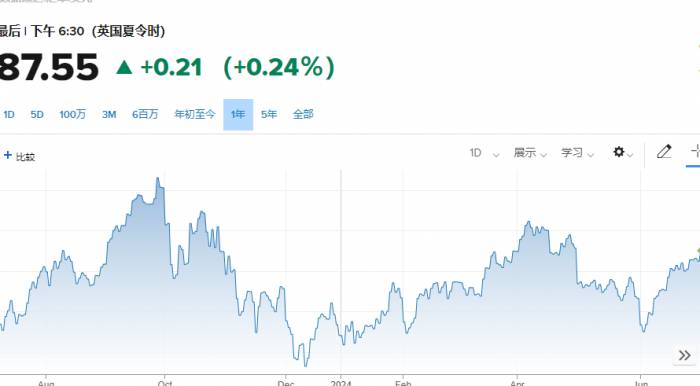


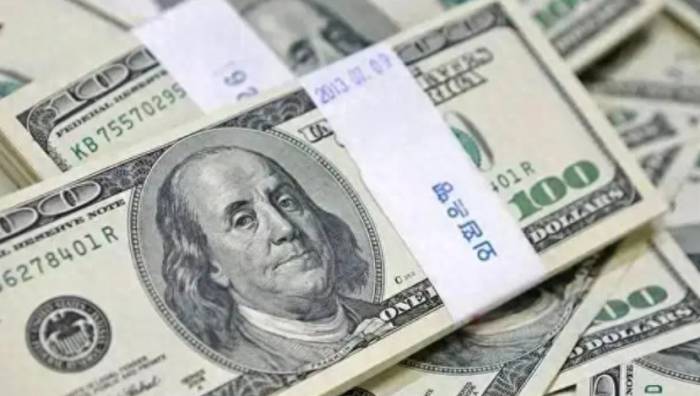
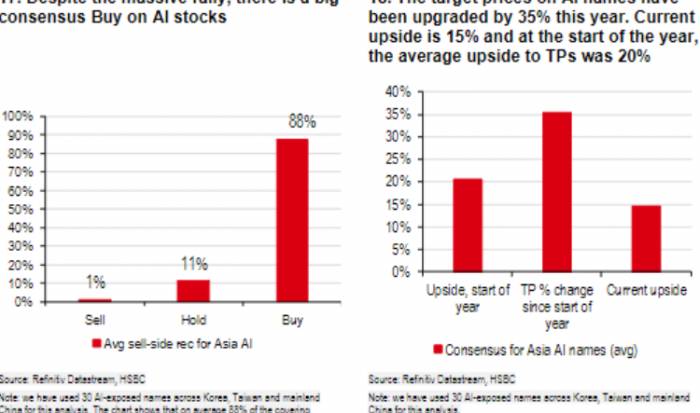

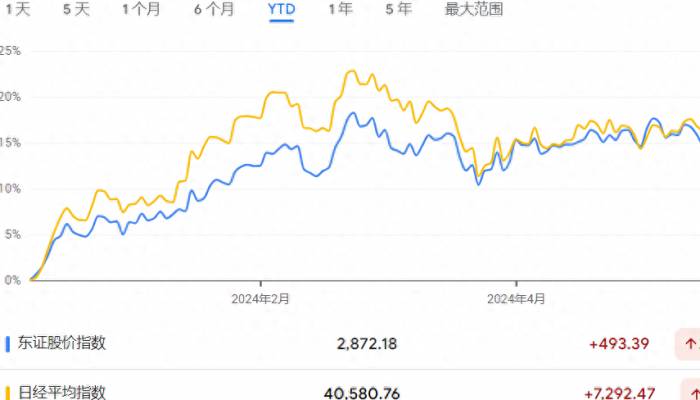

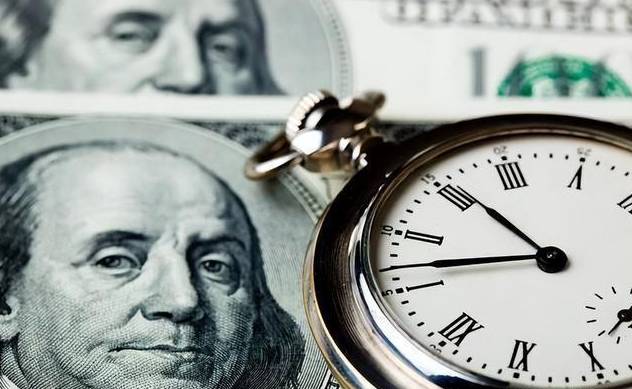





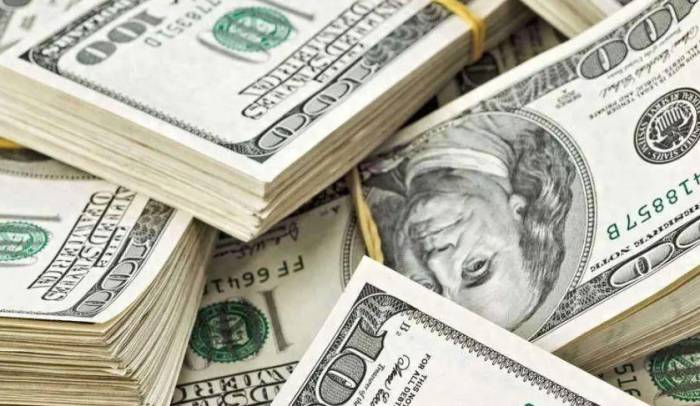




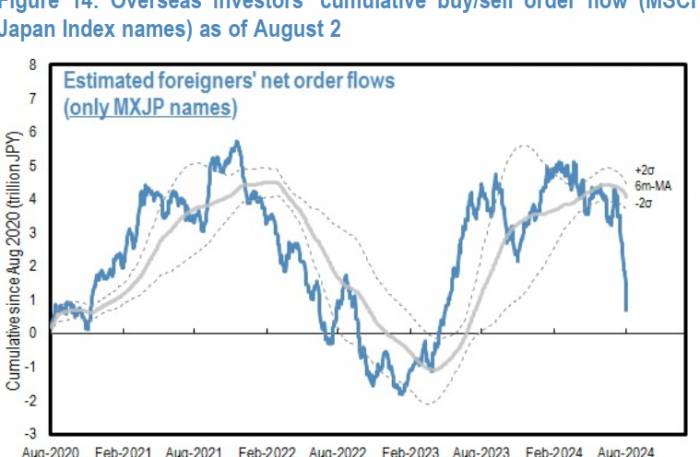
Join the Discussion